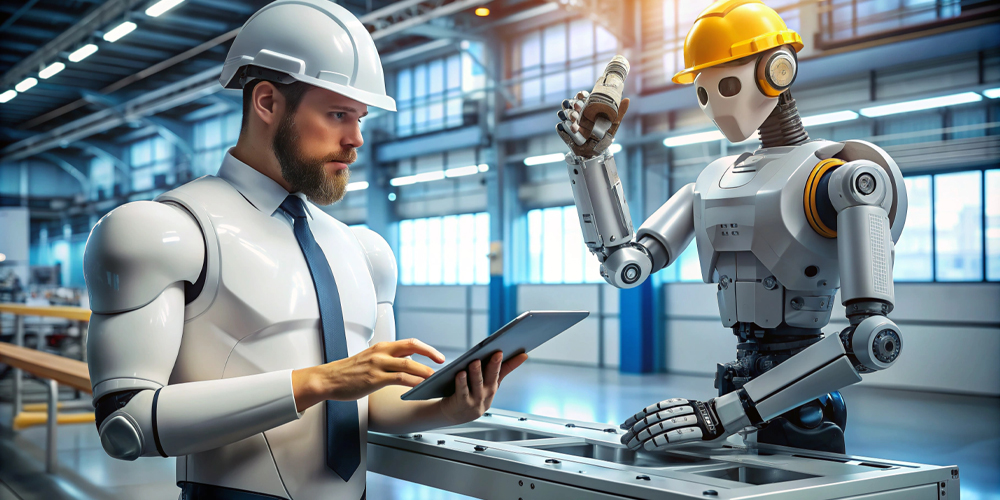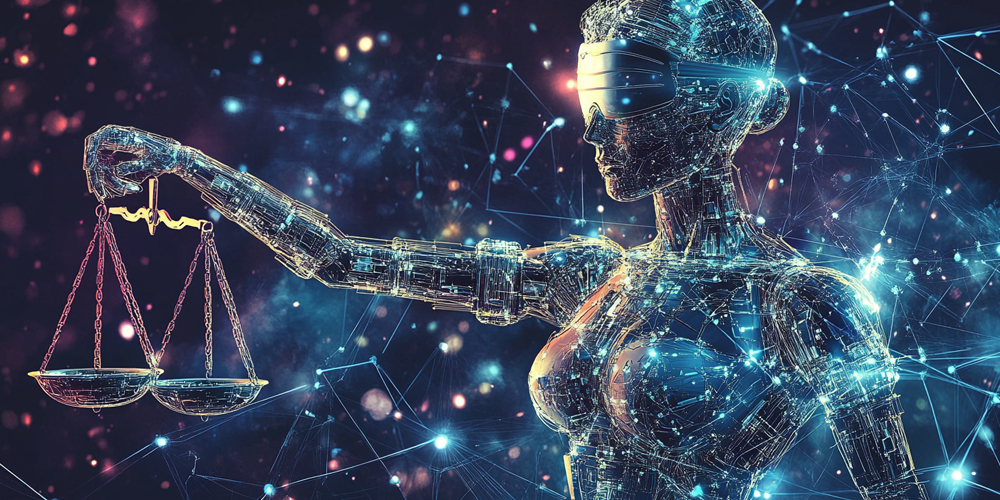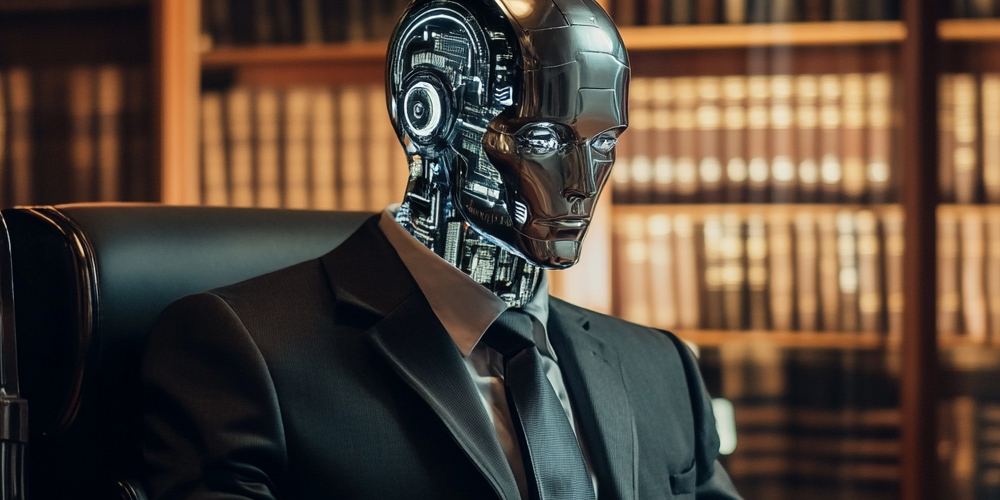The manufacturing sector is undergoing a significant transformation, largely due to advancements in **artificial intelligence (AI)**. This technology is not just a trend; it is reshaping how companies operate, enhancing productivity, and driving innovation. As we delve into this topic, we will explore how AI optimizes production processes, leading to greater efficiency and profitability.
Understanding AI in Manufacturing
AI encompasses a range of technologies that allow machines to perform tasks that typically require human intelligence. In manufacturing, this includes predictive maintenance, quality control, and supply chain optimization. By analyzing data, AI systems can make informed decisions, improving overall production efficiency.
Benefits of Implementing AI
Implementing AI in manufacturing offers numerous advantages. Firstly, it enhances operational efficiency by streamlining processes. Secondly, it reduces downtime through predictive maintenance, where machines can alert operators to potential issues before they cause failures. Finally, AI can optimize resource allocation, ensuring that materials and labor are used effectively.

Key Applications of AI in Manufacturing
Predictive Maintenance
One of the most impactful applications of AI is **predictive maintenance**. By analyzing data from machinery, AI can forecast when a machine is likely to fail. This allows manufacturers to perform maintenance proactively, reducing unexpected breakdowns. As a result, companies save on repair costs and enhance overall productivity.
Quality Control
Quality control is another area where AI shines. Traditional quality assurance processes often rely on manual inspections, which can be time-consuming and prone to human error. AI-powered systems utilize machine vision and deep learning algorithms to identify defects in products with high accuracy. This leads to fewer defective items reaching the market, improving customer satisfaction.
Supply Chain Optimization
AI also plays a crucial role in optimizing the supply chain. By analyzing historical data, AI can predict demand trends and help manufacturers adjust their production schedules accordingly. This minimizes excess inventory and reduces waste, ultimately leading to cost savings. Companies can respond quickly to market changes, maintaining a competitive edge.
Case Studies: AI in Action
Case Study 1: General Electric
General Electric (GE) has successfully integrated AI into its manufacturing processes. By using AI-driven analytics, GE improved its predictive maintenance strategies, leading to a 10% reduction in maintenance costs. This transformation has not only boosted efficiency but also increased the overall reliability of its machinery.
Case Study 2: Siemens
Siemens is another example of a company leveraging AI in manufacturing. The company employs AI for quality control, utilizing computer vision to detect defects in real time. This approach has significantly reduced the number of defective products, enhancing Siemens’ reputation for quality in the marketplace.
Challenges in Implementing AI
Data Quality and Availability
While the benefits of AI are clear, there are challenges in implementation. One significant issue is the quality and availability of data. Manufacturers need access to high-quality data to train AI models effectively. In many cases, legacy systems may not provide the necessary data, hindering the adoption of AI technologies.
Workforce Training
Another challenge is workforce training. Employees need to understand how to work alongside AI systems. Providing adequate training is crucial for maximizing the benefits of AI integration. Organizations must invest in upskilling their workforce to ensure that employees can effectively use new technologies.
Future Trends in AI and Manufacturing
Increased Automation
The future of manufacturing will likely see increased automation through AI. As technology advances, more processes will become automated, allowing companies to enhance productivity further. This shift will enable manufacturers to focus on higher-level tasks, driving innovation and growth.
Enhanced Data Analytics
We can also expect enhanced data analytics capabilities. As AI algorithms become more sophisticated, they will provide deeper insights into production processes. Manufacturers will be able to make data-driven decisions more efficiently, improving overall operational performance.
Conclusion
In conclusion, AI is transforming the manufacturing landscape by optimizing production processes. Through applications like predictive maintenance, quality control, and supply chain optimization, companies are enhancing efficiency and reducing costs. While challenges exist, the future of AI in manufacturing looks promising. As organizations continue to embrace these technologies, they will be better positioned to compete in a rapidly evolving market.





